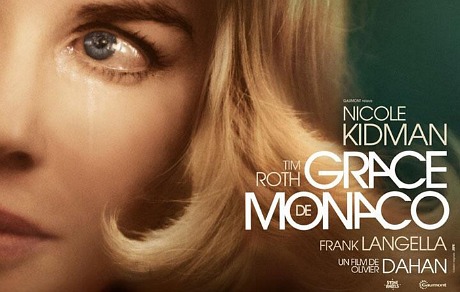I asked myself an hour ago why I’ve never really sat down and re-watched Paul Thomas Anderson‘s There Will Be Blood since I bought the Bluray six years ago. I’ve never, ever popped it into the player, even after I got my beautiful Oppo and particularly the 60″ Samsung plasma. The honest answer is that among the great films of the 21st Century, Blood is perhaps the most disturbing and self-conflicted in that it constantly fascinates while pouring one of the most vile and reptilian characters in film history into the beaker of our souls — Daniel Day Lewis‘s Daniel Plainview. I’ll never forget this monster for the rest of my life, but I don’t want his poison in my system.
Here are excerpts from my 11.6.07 review, which was actually written after my second viewing of the film in San Francisco. Mostly excerpts about Plainview, I mean.
“Within its own heavily male, oil-soaked, organized religion-hating, misanthropic realm, There Will Be Blood is brilliant. It passes along a kind of insanity, but it does so with absolute greatness.
“But (and I’m talking about the first viewing, not the second) it’s about as hateful as a quality film can be — hateful in that there’s no one to care about except for the young son (and his adult incarnation at the end), and not that much to think about. Most women viewers will probably despise it, and yet it’s easily one of the year’s best made films.
Read more







